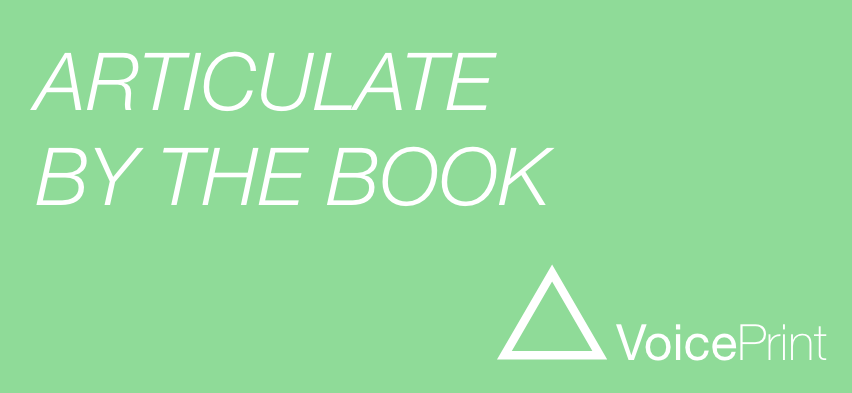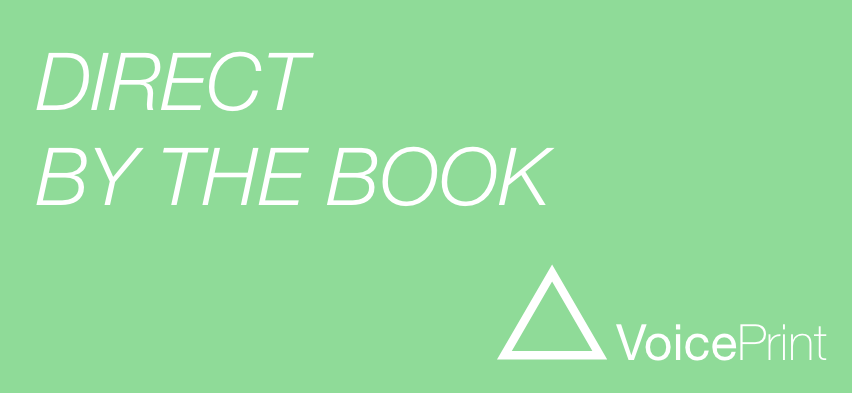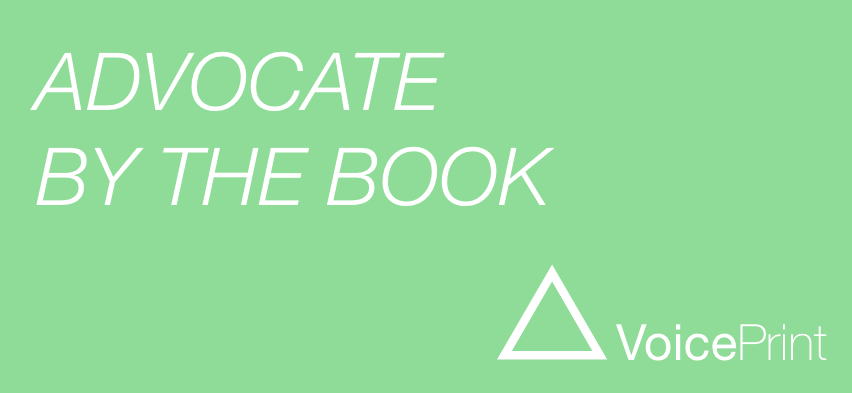‘Spin doctoring’ has given media relations a bad name. Even the easy way the phrase rolls off the tongue softens and disguises the nature of what it is describing. Spin doctoring is a deceptive phrase for a deceptive activity, the business of manipulation. But we shouldn’t allow the behaviour of political lobbyists or celebrity publicists to distort our understanding. Media relations is an important sphere of activity for businesses in crowded, competitive and noisy markets, and it is one where honest communication is vital, if products and services are to earn deserved reputations and maintain strong brands.
David Dorman is about as far from a spin doctor as you can get. He is a media relations consultant to companies in the aerospace industry, where he has spent his entire career. His knowledge and understanding of the sector is both broad and deep. Having worked as Press Officer, Public Relations Manager and Consultant, he is familiar with the differences and nuances involved in working with national, local and trade press, with customers and suppliers, and with diverse external bodies ranging from special interest groups among the general public to chambers of commerce and Members of Parliament.
Keeping others informed and aware of what is going on has always been central to David’s work. At the same time, as he points out, you can’t do this by constant or indiscriminate broadcasting. People would soon grow deaf to that. “You have to have something to say and an occasion for saying it.”
Much of his work is triggered by what is happening in his clients’ businesses, by new developments, applications or sales that they are undertaking. He will prepare briefings, press releases, newsletters, presentations, visits, meetings, leaflets and fliers accordingly. For his foreign clients this includes “turning pretty good English into very good English.”
But much of the news that David presents and writes about is initiated by him personally. Because he has such extensive knowledge in his field of commercial aviation, and because he has an enduring curiosity and interest in the subject, he notices things which others might miss. This is one of the ways in which, as a seasoned professional and an outsider, he is able to add value for his clients. Their attention is often narrowly and inwardly focused. He can look more broadly and see connections and implications of which they might be unaware.
David’s skill and competence is clearly reflected in his VoicePrint profile, where his ‘big guns’ – the voices he uses most regularly – are Articulate, Critique, Diagnose and Advise. One of the striking features of his profile is how his way of thinking and expressing things is so strongly founded on a basis of objectivity. Articulate and Critique are his two primary voices. They share a matter-of-fact quality, one describing, clarifying and explaining, the other examining, evaluating and concluding. Together they indicate a concern for accuracy and reliability as the platform for his Advising and his Diagnosing, a voice which can be as much about opportunity-spotting as about problem-solving.
The most extensively used voice in David’s repertoire is Articulate. The way he uses it illustrates both an important feature of this particular voice and also perhaps something about how we listen. To take the second point first, we tend, it seems, to listen through the filter of our dominant voices. So, for example, the Diagnoser listens for connections, the Advocate listens for agreement or disagreement and the Critiquer listens for shortcomings. And the Articulater listens for clarity and precision, or their absence.
One of the useful functions of the Articulate voice lies in ‘framing’ the thinking or the conversation. It does that by setting out an explicit statement or exposition of what is happening. “The situation we seem to have here is…” “What we are doing is…” “What’s going on now is…”
In David’s case his extensive use of the Articulate voice reflects the breadth and detail of the framing that his long experience enables him to apply. His habit of investing time and energy in this particular voice helps him to notice and catch small pieces of information, which would seem insignificant to others, and put them into perspective by being able to ‘position’ them in relation to his detail-rich awareness of his field.
He can be informative, because he takes the trouble to be well-informed.
It’s an essential capability in his trade. It’s also a reminder of how helpful the calm, patient clarification of the Articulate voice is in a crisis. More than once in his career David has found himself called upon to be a company’s spokesman in a moment of crisis. “I don’t mind the pressure,” he says, “when you receive a telephone call advising on an aircraft incident for example, where you have to act quickly as a company spokesman. I don’t find that particularly difficult. I find it quite exhilarating though obviously challenging.”
The pressure which David experiences negatively is when his world collides with one which has much less respect for the facts. While the trade press will not hesitate to report bad news, it shares his concern for being factual and accurate. The general news media can be a different story. “They are under much more pressure especially these days to create news which sells news.” The result can be inquiry which is not open-minded, but which arrives with pre-conception, with a story already half-formed and reporting which sometimes can be partial in all senses of the word, as its author sets out to find and adopt a particular angle. In VoicePrint terms this is a form of journalism which relies on Advocacy and Challenge, voices which by their nature are already more decided and closed than Articulation and Critique.
Making no comment is never an option, because the press will fill silence with speculation. “All you can do is come up with a prompt and factual response statement and probably provide some background guidance to try and get the right flavour in the article, so that it is as accurate as possible.” It’s frustrating how hard it can be to obtain accurate reporting.
In a world that has grown too accustomed to spin doctoring David’s voice is a powerful reminder, not only of the importance of objectivity but also of how hard we sometimes have to work to secure it from others.
Alan Robertson
With grateful thanks to David Dorman of Dorway PR for being interviewed, for providing these insights into the nature of his work and for his help in writing this piece.
Ready for a conversation?


